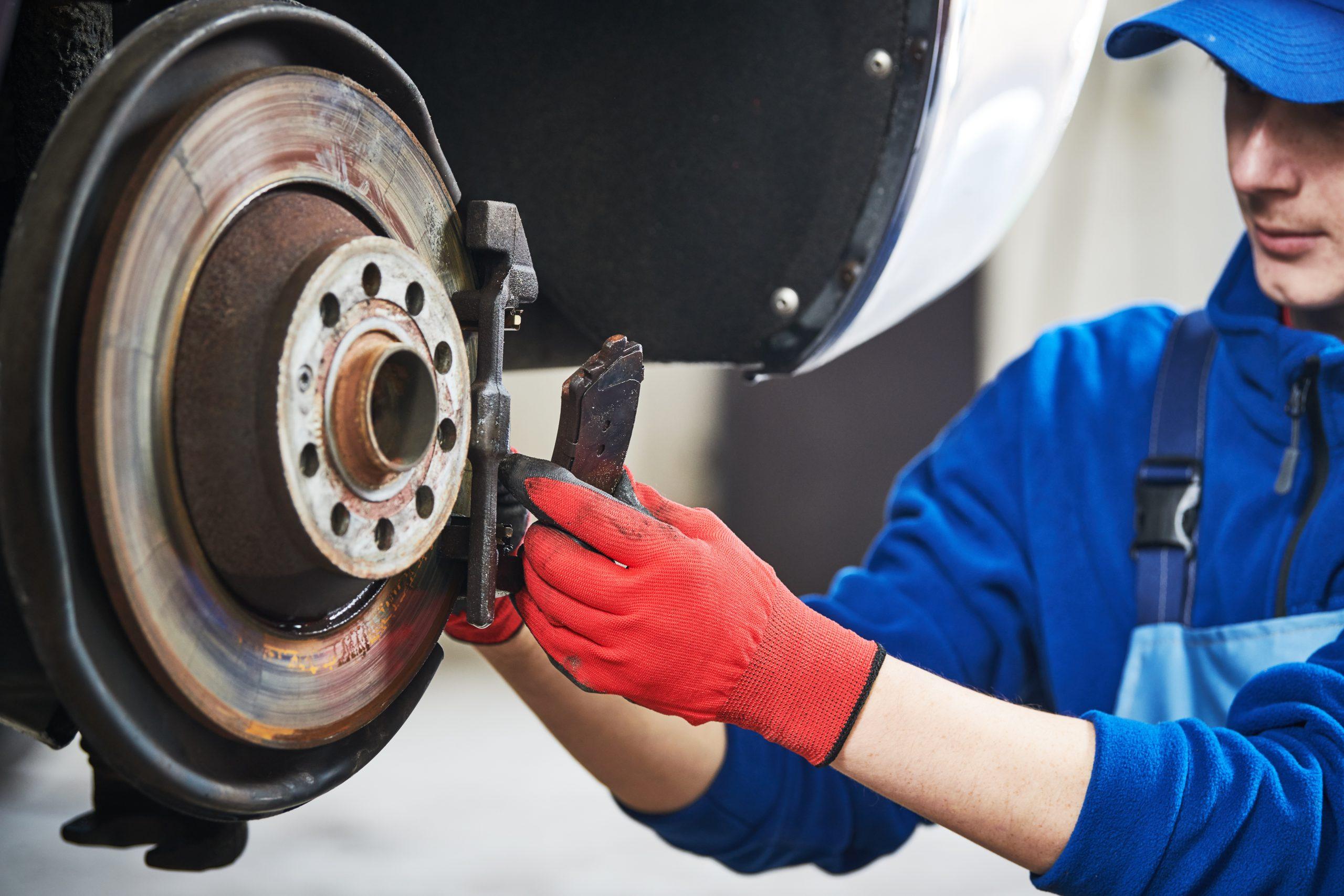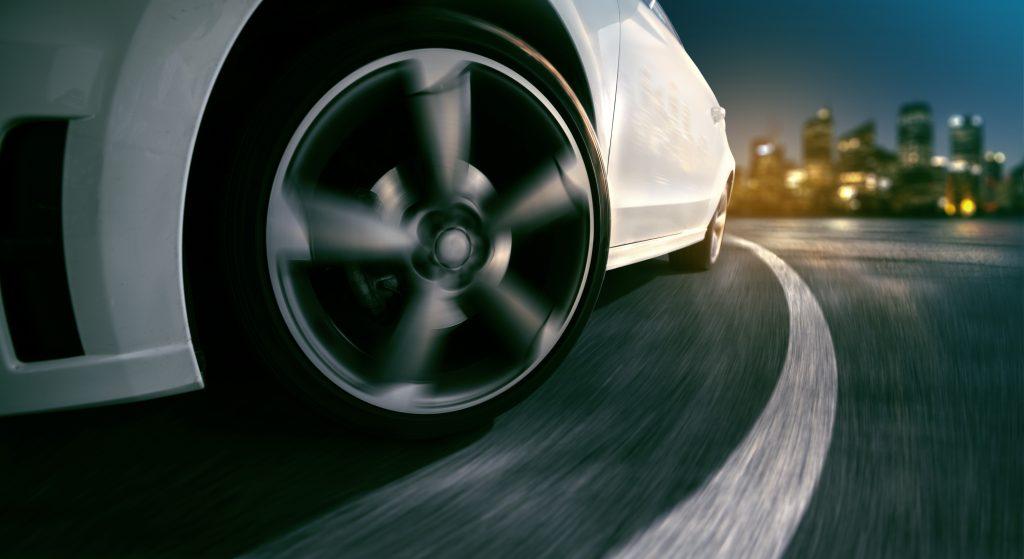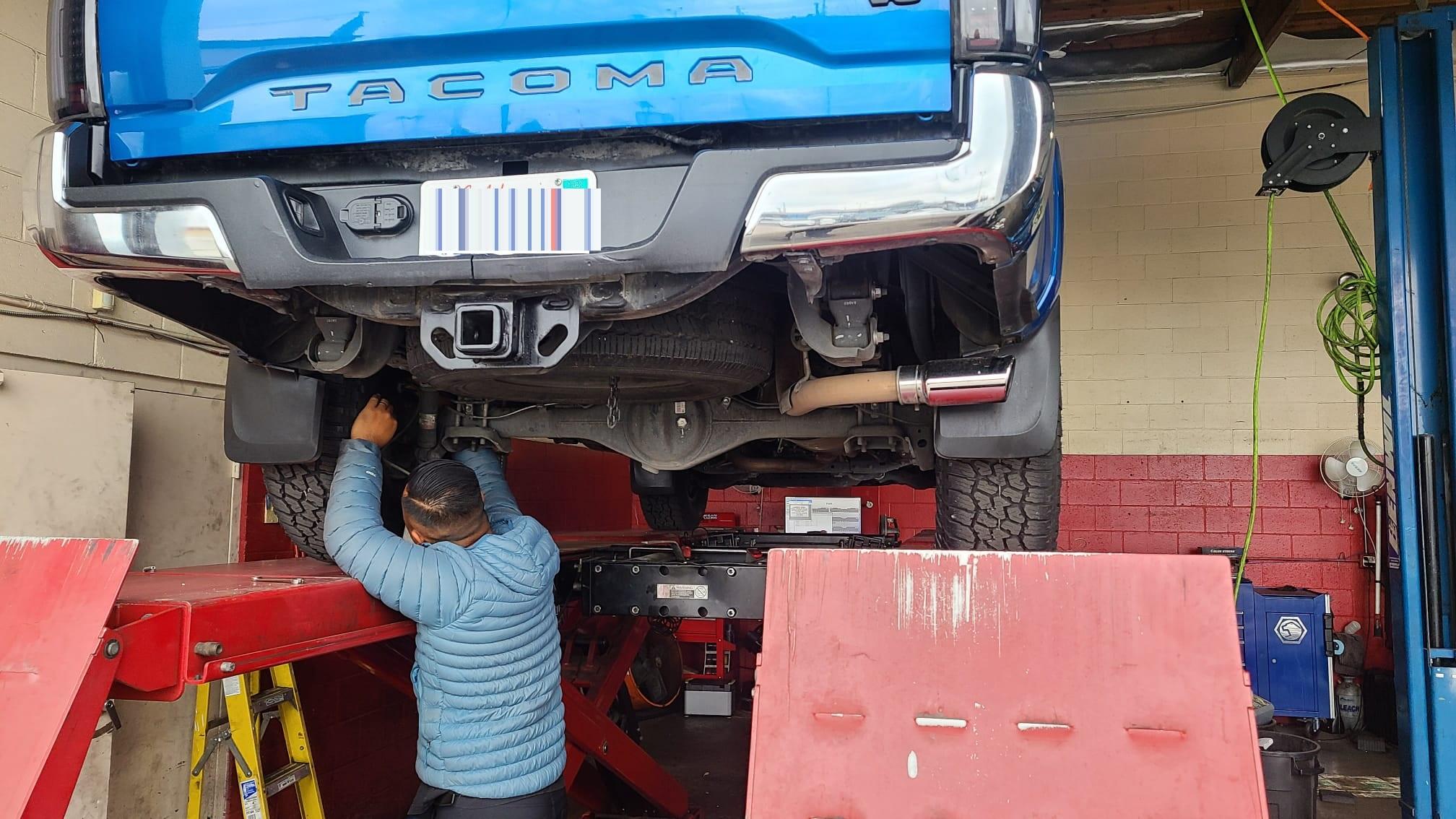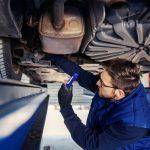
Discover the Surprising Reasons Behind Squeaky Brakes at Low Speeds
- Harbor Brakes
- January 2, 2024
- Brakes
- brake disc, brake fluid, brake maintenance, brake pads, brake repair, brake rotors, brake service, brakes, pads, rotors
Have you ever noticed a high-pitched squeaking sound when coming to a slow stop with your car? It can be quite unnerving and even embarrassing, especially in quiet neighborhoods or crowded parking lots. Fortunately, these brakes issue is relatively common and easily fixed in most cases.
There are several reasons why brakes tend to squeak when slowing down, including worn-out brake pads, brake dust buildup, rotor issues, and other contributing elements. Understanding these causes is the first step in implementing preventive measures to ensure a quieter and safer braking experience.
Key Takeaways:
- Squeaking brakes when stopping slowly are a common issue
- Worn-out brake pads, brake dust buildup, rotor issues, and other factors can contribute to brake squeaking
- Preventive measures such as regular maintenance and choosing high-quality brake components can help reduce brake squeak
Understanding Brake Components
Before diving into brake squeaking, let’s first review the primary components that make up your braking system. Each one plays a vital role in ensuring your vehicle comes to a stop when needed.
Brake Pads
Brake pads are the small, rectangular-shaped components located inside the brake calipers that press against the rotor when you apply the brakes. Its primary function is to create the friction necessary to stop the vehicle.
Rotors
The rotors are the large, circular-shaped discs that the brake pads press against, which subsequently slows down your vehicle. These metal discs are attached to the wheels and spin along with them until the brakes are applied.
Calipers
Calipers are what hold the brake pads in place and exert pressure on them to stop the vehicle’s wheels from turning. These are typically made of metal and can be located either at the front or rear of your vehicle.
While these are the primary components that make up your braking system, there are other parts as well. These include the brake lines and brake fluid. Together, all of these parts work in harmony to ensure your vehicle comes to a safe stop.
Brake Squeak Due to Brake Pad Wear
If you’re experiencing brake squeaking, worn-out brake pads are likely the culprit, especially when stopping slowly. Over time, brake pads undergo normal wear and tear, reducing their thickness and capacity to grip the rotors. This results in a noisy, screeching sound when braking.
To detect worn-out brake pads, listen for any unusual sounds while slowing down your vehicle, or look for visible signs of wear, such as thin pads or uneven surfaces. To ensure a quieter and safer braking experience, replace worn-out brake pads with high-quality replacements as soon as possible.
When replacing brake pads, consider the type of pads and their compatibility with your vehicle’s braking system. Refer to the manufacturer’s recommendations for the correct size and type of brake pads, or consult with a professional mechanic for advice.
To prevent premature brake pad wear and reduce the likelihood of squeaking, avoid unnecessary heavy braking, gradually brake to a stop, and keep your brakes properly maintained.
Brake Squeak Due to Brake Dust Buildup
Brake dust buildup is a common cause of brake squeaking when coming to a slow stop. The accumulation of dust on your braking components can create friction, which causes the squeaking sound.
It’s essential to understand how brake dust forms to prevent it from building up and causing noise issues. Brake dust mainly develops from the friction between the brake pad and rotor. The result is a dark, powdery substance that contains a mixture of metallic and organic particles.
To minimize brake dust buildup, it’s essential to keep your braking components clean. You can use a high-quality brake cleaner and a soft brush to clean your brakes regularly. It’s also recommended to avoid driving in dusty or sandy environments, as this can contribute to dust buildup.
How to Clean Your Brakes Effectively
To get the best results when cleaning your brakes, follow these steps:
- Remove the wheels to gain access to the brakes.
- Spray brake cleaner over the brake components, including the pads, rotor, and calipers.
- Allow the brake cleaner to work for a few minutes, breaking down the dust and debris.
- Scrub the brake components using a soft-bristle brush, paying close attention to hard-to-reach areas.
- Use a clean cloth or paper towel to wipe away any remaining brake dust and cleaner residue.
- Repeat these steps for each brake on your vehicle.
Keeping your brakes clean and free of dust buildup will not only ensure a quieter braking experience but also prolong the life of your brake components.
Brake Squeak Due to Rotor Issues
When it comes to your braking system, the rotors play a critical role in ensuring your vehicle stops smoothly and quietly. However, rotor issues can develop over time and lead to brake squeaking, particularly when stopping slowly.
One common rotor problem is warping, which occurs due to the rotor’s excessive heat buildup during braking. This causes the rotor to become uneven, leading to vibrations and squeaking sounds. Uneven rotor wear, which can happen if the rotor isn’t installed correctly or if the brake pads aren’t seating properly, is another potential culprit for squeaking sounds.
To address rotor issues that cause brake squeaking, it’s crucial to have them checked by a professional mechanic. Depending on the severity of the issue and the condition of the rotor, they may recommend resurfacing the rotor or replacing it entirely. Keep in mind that ignoring rotor issues can compromise your braking performance and lead to safety concerns on the road.
Tips to Address Rotor Issues:
- Have your brake system checked regularly by a professional mechanic to catch any rotor problems early.
- Use high-quality brake components that match your vehicle’s specifications to prevent premature rotor wear.
- If you notice any unusual vibrations or noises when braking, don’t ignore them and address them promptly to prevent further damage.
Other Factors Contributing to Brake Squeak
Aside from the usual culprits behind brake squeaking, there are several additional factors that can lead to this annoying noise. Identifying these factors will help you take necessary measures to address this issue.
Improper Brake Installation
When brakes are not installed correctly, they can generate squeaking sounds during slow stops. Potential causes of improper brake installation include overtightening or under-tightening brake components or not properly cleaning parts before installation.
Low-Quality Brake Components
Brake components that are of poor quality and not up to the manufacturer’s standards can make a considerable difference in brake performance and lead to squeaking. Choosing high-quality brake components will ensure that your brakes function optimally and prevent any unwanted noise.
High-Frequency Vibrations
High-frequency vibrations in your braking system can result in noisy and uncomfortable stopping experiences. Such vibrations can occur due to a damaged rubber brake pad shim, warped rotors, or suspension issues. Diagnosing these issues early can prevent expensive repairs and ensure a smooth and quiet braking experience.
Preventive Measures for Avoiding Brake Squeak when Slowing Down
If you’re tired of those annoying brake squeaks whenever you slow down, here are some preventive measures you can take:
- Regular brake maintenance: Properly maintaining your brakes on a regular basis is crucial in avoiding brake squeaking. Make sure they are inspected, cleaned, and lubricated as recommended by the manufacturer or your trusted mechanic.
- Proper wheel and rotor cleaning: Brake dust buildup is a prime reason for brake squeaking. Regular cleaning of your wheels and rotors can help prevent dust buildup. Make sure to use a cleaner specifically designed for brake systems, as some cleaners can cause damage to brake components.
- Choosing high-quality brake pads: Use high-quality brake pads to avoid premature wearing or damage to your braking components, which can lead to brake squeaking. Look for reputable brands with a proven track record of quality.
- Use gentle braking: Avoid sudden and hard braking, particularly when your brakes are cold, as this can contribute to brake squeaking. Gently apply your brakes when coming to a stop for smoother and quieter braking.
- Driving cautiously: Practicing cautious driving habits such as reducing your speed when approaching a stop and avoiding sudden stops can help prevent unnecessary pressure on your braking system, which may result in brake squeaking.
By following these preventive measures, you can avoid brake squeaking when coming to a slow stop and ensure a quieter and more comfortable driving experience.
Conclusion
Now that you have a better understanding of why brakes squeak when coming to a slow stop, you can take the necessary steps to address this issue and enjoy a quieter and safer ride. Remember to regularly check your brake components for wear and tear, and follow proper cleaning procedures to prevent dust buildup. When replacing brake pads or rotors, choose high-quality components to ensure optimal performance.
Take note that addressing brake issues promptly is crucial to maintain the safety of you and your passengers. By following the preventive measures mentioned and staying vigilant with your brake maintenance, you can ensure a smooth and dependable braking experience.
We hope you found this information helpful and informative. If you have any further questions or concerns, do not hesitate to contact a trusted mechanic or brake specialist for expert advice and assistance. Safe driving!
FAQ
Why do brakes squeak when slowly stopping?
Brakes can squeak when coming to a slow stop due to various reasons, including worn-out brake pads, brake dust buildup, rotor issues, and other contributing factors. Understanding these causes can help you address the issue effectively.
What are the different components of a braking system?
The braking system consists of several components, including brake pads, rotors, and calipers. Brake pads create friction against the rotors to slow down the vehicle, while calipers hold and apply pressure to the pads. Understanding these components is essential to grasp how they can contribute to brake squeaking.
How does brake pad wear lead to brake squeaking?
Worn-out brake pads can cause brake squeaking, especially when stopping slowly. As brake pads wear down over time, the metal indicator attached to them comes into contact with the rotor, creating a squeaking sound. Regularly inspecting and replacing worn-out brake pads can resolve this issue.
How does brake dust buildup contribute to brake squeaking?
Brake dust is a byproduct of the friction generated between the brake pads and rotors. If the dust accumulates excessively, it can lead to brake squeaking, particularly during slow stops. Cleaning your brakes regularly and effectively can help minimize dust buildup and reduce squeaking.
What rotor issues can cause brake squeaking?
Certain rotor problems, such as warping or uneven wear, can contribute to brake squeaking when slowing down. These issues can affect the braking performance and lead to the production of squeaking sounds. Taking appropriate measures, such as resurfacing or replacing the rotors, can resolve these problems.
What are other factors that can contribute to brake squeak?
In addition to brake pad wear, brake dust buildup, and rotor issues, other factors can contribute to brake squeaking. These include improper brake installation, low-quality brake components, and high-frequency vibrations. Identifying and addressing these factors can help eliminate or minimize brake squeak.
What preventive measures can I take to avoid brake squeak?
To prevent or minimize brake squeaking when slowing down, it is recommended to practice regular brake maintenance, including inspecting and replacing worn-out components. Proper wheel and rotor cleaning can also help prevent dust buildup. Choosing high-quality brake pads and ensuring proper installation can further contribute to a quieter braking experience.
How can I ensure a quieter and safer braking experience?
By understanding the causes of brake squeaking and implementing preventive measures, you can enjoy a quieter and safer braking experience. Promptly addressing any brake issues, maintaining optimal brake performance, and prioritizing the safety of you and your passengers are essential for a smoother ride.




